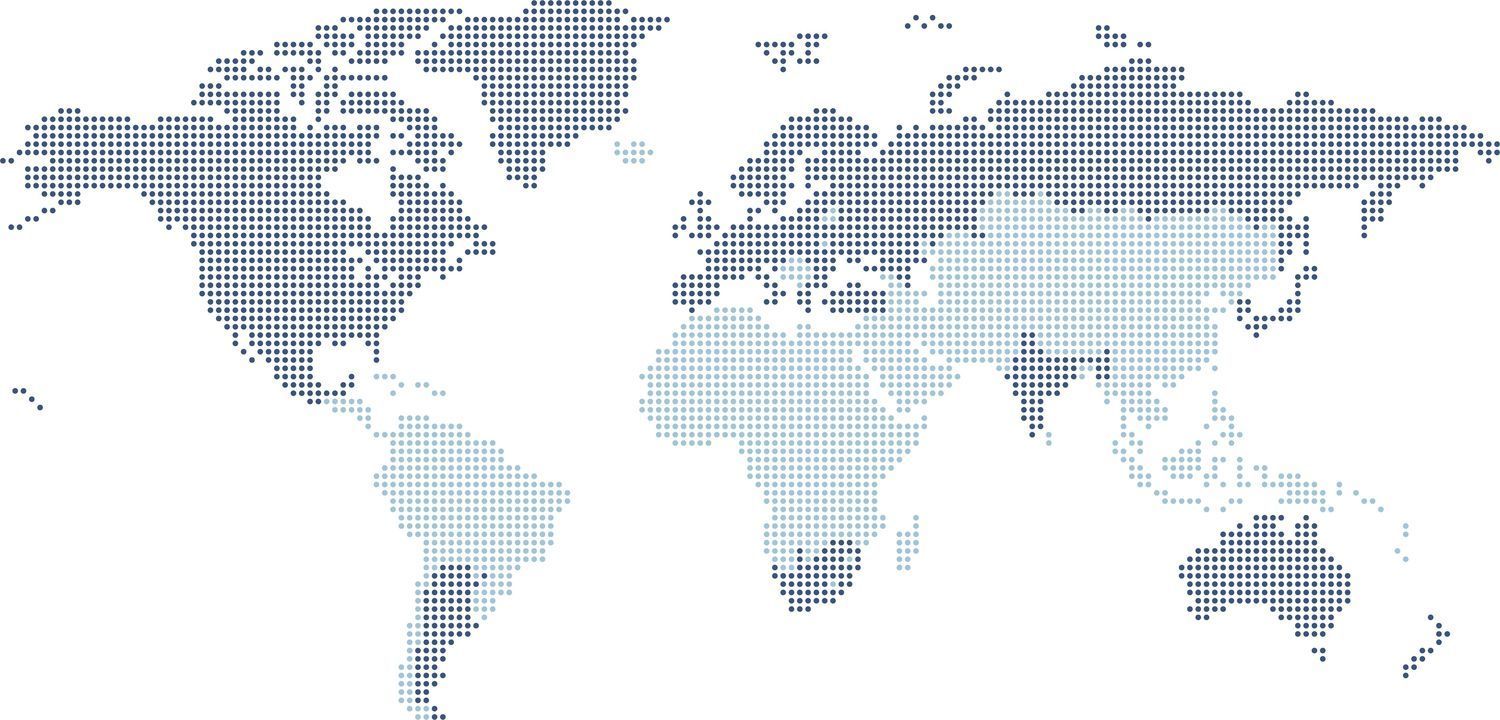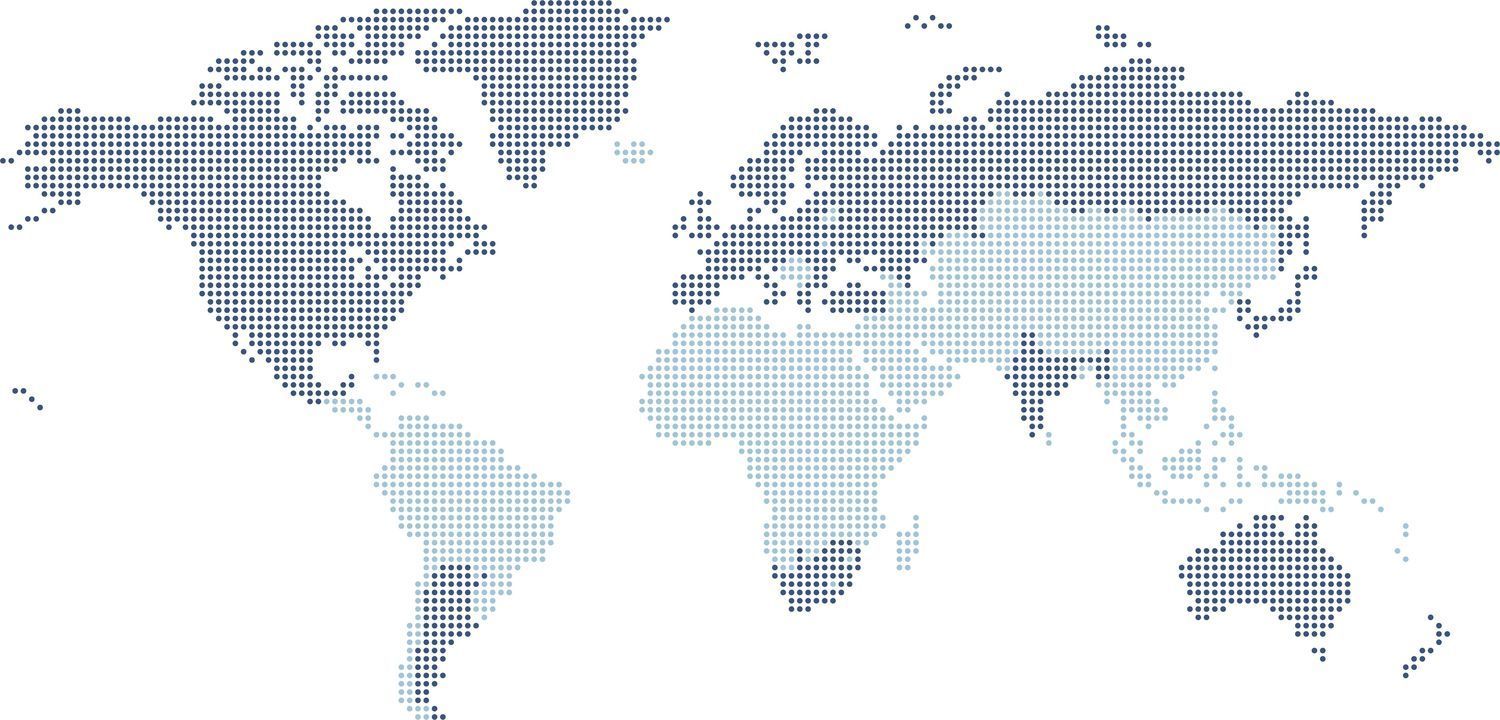This issue covers the period between July 13 - 19, 2020 with six news stories – three from English language sources, three from Chinese language sources – hand-picked by your humble author to further our exploration of the interconnections between technology, business, investment, and geopolitics. All translated article titles are done by me, not official translations from the media outlets.
“Is it time to delete TikTok? A guide to the rumors and the real privacy risks.” (English Source: Washington Post)
My Thoughts: This is one of the few articles I’ve read that provides a technical analysis of whether TikTok is sending and storing American user data to China. The analysis shows no evidence of that so far, but comes with the boilerplate caveat that TikTok could still be compelled to share data with the Chinese government in the future. To be clear, I support a TikTok ban if it does indeed share user data with the Chinese government. But this decision should be made based on evidence, not a bunch of speculative “could’s”. Since the user data appears to be stored on AWS, according to this article, working with AWS to monitor the outflow of TikTok data is both technically feasible and a legitimate national security request. And as I argued last month in “Can ByteDance Build Trust”, there’s plenty of work TikTok needs to do to build trust with the cybersecurity community, ideally by progressively open sourcing its codebase. All the PR statements are clearly not working. Talk is cheap, show me the code.
“U.K. Bars Huawei for 5G as Tech Battle Between China and the West Escalates” (English Source: New York Times)
My Thoughts: The dynamics around Huawei and 5G continues to be volatile, as shown by this reversal of the UK government. Earlier this year, Huawei was permitted to build the “non-core” part of the UK’s 5G network, much to the Trump administration’s chagrin. Now Huawei is completely out. This change seems to be a response to new anti-China sentiments caused by the National Security Law in Hong Kong; there’s no evidence yet of additional pressure exerted by the Trump administration. As I’ve noted in “Chips, Geopolitics, Elections”, the Wassenaar Arrangement, a membership organization that coordinates how to control or restrict technology transfer to non-member countries that could be used in hostile ways, is crucial to understanding how this “Tech Cold-War” will evolve. The UK is indeed a Wassenaar member country. It’s not just “U.S. vs. China”, it’s really “Wassenaar vs China”.

“Google to invest $10 billion in India” (English Source: TechCrunch)
My Thoughts: From an investor’s perspective, the recent flood of Western tech money to India is head-spinning and breathtaking. Amazon, Facebook, Silver Lake, Intel, Sequoia India, Walmart, and now Google. This is happening as India becomes increasingly hostile towards Chinese technology companies and their products, with some Indian entrepreneurs vowing to never take any Chinese investment. However, India’s vast economic potential and demographic advantages are well-known for some time, so I’m surprised that it took a massive geopolitical shift and border conflict between India and China to catalyze Western tech money to commit to India. Building in India won’t be easy; Apple’s experience there was full of challenges, like local corruption and poor manufacturing quality.
“SMIC successfully debuts on the STAR market; Opening price soared by more than 238%! ” (Chinese Source: iponews)
My thoughts: SMIC’s IPO and eye-popping first day price surge was much celebrated in Chinese language tech media and received some coverage in English language media as well. Of course, if you are a seasoned observer of IPO’s, a big first day price increase just means you left a lot of money on the table and could’ve raised more! As China’s de facto national champion of the semiconductor industry, SMIC won’t need to worry about funding or profit-making any time soon. Its big challenge will be weathering the ongoing US-led sanctions that may expand to other countries, while advancing its core chip-making processes beyond 14nm and manufacturing capacity. As a public company once again, there will be more information to analyze SMIC, though not nearly as much as before when it was listed on the NYSE.
“Running out of money? Softbank wants to sell ARM; Will Apple "pick up the tab"?” (Chinese Source: AI Frontier)
My thoughts: The news of Softbank trying to either sell ARM or do an IPO to get some liquidity for its beleaguered Vision Fund was widely reported in English language media. But I chose to highlight this article from a Chinese language source, because of its schadenfreude tone and speculation that Apple may be a buyer. The tone revealed to me that Softbank’s rise and fall in recent years have irked just as many people in China as in Silicon Valley. The Apple speculation is reasonable given its recent shift to ARM chips for Macs, but omitting any Chinese companies as potential suitors in the discussion is surprising. One possible buyer that I have not seen pop up is Alibaba, even though an Alibaba-ARM alliance makes both strategic sense and is realistic. I laid out my rationale in this mini tweet thread:
Thread
— Kevin Xu (@kevinsxu) July 14, 2020
Modest proposal: $BABA should buy ARM.
Makes both strategic sense and is realistic (not a pie in the sky speculation) from 4 angles: technology, business operations, investment/financing, regulator.
Here's why...https://t.co/GwDQQxTb66
“Ex-Luckin Coffee CTO joins Naixue Tea, Preparing for possible IPO” (Chinese Source: 36Kr)
My thoughts: The scam that is Luckin Coffee amounted to quite a national embarrassment in China and triggered much of the new scrutiny against Chinese companies in the American capital market. The fact that its CTO could land another gig at another retail-dressed-up-as-tech company also looking to IPO, just shows you how comically irresponsible the tech business world can be. Naixue Tea apparently could be going public either in the U.S. or Hong Kong later this year. Will we see another Luckin?
If you like what you've read, please SUBSCRIBE to the Interconnected email list. To read previous posts, please check out the Popular Topics section and the Interconnected Weekly archive. New content will be delivered to your inbox (twice per week). Follow and interact with me on: Twitter, LinkedIn.
注:本期《每周互联》总结概括的时间段是:2020年7月13至7月19日,包括本作者挑选的六条新闻:三条原文是英文,三条原文是中文,来帮助我们继续探索科技、商业、投资和地缘政治之间的相互联系。所有翻译的文章标题都是我做的翻译,不是官方翻译。
“是该删除TikTok的时候了吗?谣言和真实隐私风险的指南。”(英文来源: 华盛顿邮报)
我的想法: 这是我难得读到的一篇用技术分析来看TikTok是否有向中国发送和存储美国用户数据的文章。分析显示,到目前为止还没有证据证实这一猜测,但还是附带了一个“标准”警告,即TikTok未来仍可能被迫把任何数据上交给中国政府。如果TikTok真的有把用户数据给中国政府,我是支持TikTok禁令的。但要做出这个禁令决策的前提应该基于证据,而不是一堆“可能这,可能那”的猜测。根据此文章,所有美国用户数据似乎都存在AWS上,那与AWS合作监视TikTok数据的流出方向在技术上是可行的,也是个合理的国家安全要求。正如我上个月在 “字节跳动能在海外建立诚信吗?” 那篇文章所提到的,TikTok还需要做大量的工作来与网络安全群体建立信任,最好方法是逐渐开源自己的代码。所有公关声明都没什么效果。少做宣传,给大家看看代码。
“英国完全禁止华为建造5G网络,西方与中国的科技战斗加剧”(英文来源: 纽约时报)
我的想法:与华为和5G的各种形式仍然不稳定,英国政府的这一决策的逆转再次证明了这一点。今年早期,华为获准建设英国5G网络的“非核心”部分,还让特朗普政府当时非常懊恼。现在华为彻底出局了。这一变化似乎是对香港国家安全法所引起的新一波反华情绪的回应;目前没有证据证明特朗普政府有施加额外压力。正如我在 “芯片,地缘政治,与大选” 那篇文章中所指出的那样,Wassenaar Agreement,也就是一个协调如何控制或限制转让给非成员国可能以敌对方式使用的技术的国际组织,是在看这场“科技冷战”将会如何演变中至关重要的一个因素。英国就是个成员国。整个问题已经不仅仅是“美国对中国”,而是“Wassenaar对中国”。

“谷歌将在印度投资100亿美元”(英文来源: TechCrunch)
我的想法:从一个投资的角度来看,最近西方科技资金的大量涌入印度,真是令人瞠目结舌。亚马逊、Facebook、银湖、英特尔、印度红杉、沃尔玛,现在是谷歌。印度对中国科技公司及其产品的敌意越来越大,有些印度创业者誓言绝不接受任何中国投资,其他投资来源也就有更大的空间。然而,印度巨大的经济潜力和人口年龄优势已经众所周知一段时间了,所以我还是有点惊讶,要等到当前中印双边关系发生大规模转变以及边界冲突,才促使西方科技资金投入印度。要想在印度做事情也并非易事;苹果在印度的经历就充满了挑战,比如当地的腐败和较低的制造质量。
“中芯国际成功登陆科创板,开盘暴涨超238%!” (中文来源: 独角兽早知道)
我的想法: 中芯国际在科创板成功上市和它首日开盘的股价飙升,在中文科技媒体中广受赞誉,英文媒体也对其有些报道。当然,如果你是一个长期观察IPO的行家,首日股价暴涨的唯一意义就是桌上留了不少钱,本可以筹资更多!作为指明的国家半导体行业的领头羊,中芯短期内不必担心融资或盈利问题。它所面临的最大挑战将是承受住美国的制裁,这些制裁可能会扩大到其他国家,同时将其核心芯片制造能力与制造工艺继续提高超过14nm。作为一家上市公司,将有更多的信息来分析中芯,但远远不会有它以前在纽交所上市时那么多。
“缺钱了?软银欲将Arm出售,苹果会来“接盘”吗?” (中文来源: AI前线)
我的想法: 软银试图出售ARM或进行IPO,从以来拯救“愿景基金”陷入的困境在英语媒体得到了广泛报道。但我选择了这条中文媒体的文章是因为它带有幸灾乐祸的语气和对苹果可能成为买家的猜测。这种语气告诉我,软银近年来的兴衰不仅仅让硅谷很难受,在中国也有同感。考虑到苹果最近把Mac的芯片转为ARM,苹果做买家的猜测也是合理的,但讨论中完全忽略任何也可能做买家的中国公司,让我有点小惊讶。一家我目前还没看到被议论的潜在买家是阿里巴巴。阿里加ARM这个联盟其实极有战略意义也是可行的。我在这条推特上阐述了为什么这个联盟其实很合理:
Thread
— Kevin Xu (@kevinsxu) July 14, 2020
Modest proposal: $BABA should buy ARM.
Makes both strategic sense and is realistic (not a pie in the sky speculation) from 4 angles: technology, business operations, investment/financing, regulator.
Here's why...https://t.co/GwDQQxTb66
“原瑞幸CTO加入奈雪的茶,或为上市做准备” (中文来源: 36氪)
我的想法: 瑞幸咖啡这场大骗局在国内科技行业里造成了相当大的耻辱,也是美国资本市场最近对中国公司提高警觉的原因之一。它的原首席技术官能加入另一家“把零售打扮成科技”的公司,同时也在寻求上市,也展示了科技行业界里是多么的荒谬而不负责。奈雪的茶显然会在今年晚些时候在美国或香港上市。会是下一个瑞幸吗?
如果您喜欢所读的内容,请用email订阅加入“互联”。要想读以前的文章,请查阅“热门话题”和《每周互联》的档案。每周两次,新的文章将会直接送达您的邮箱。请在Twitter、LinkedIn上给个follow,与我交流互动!
